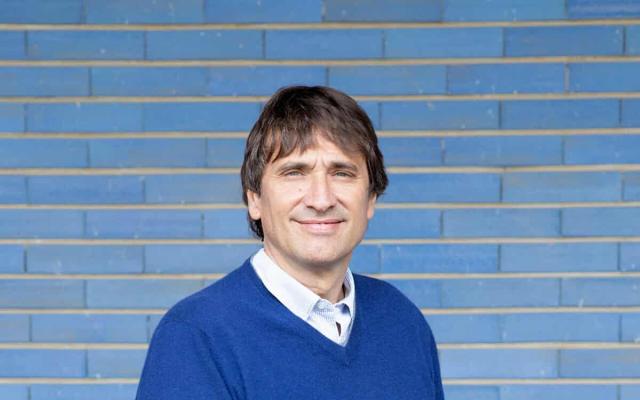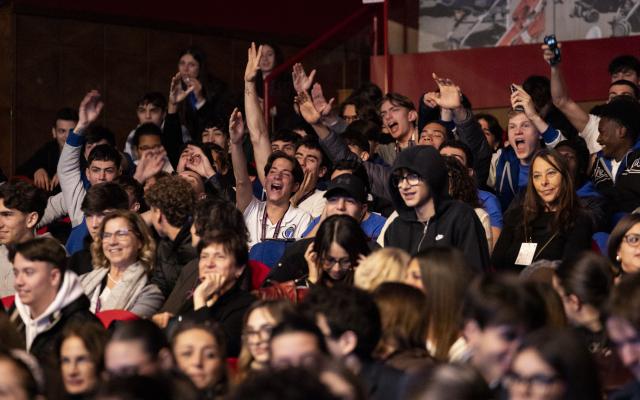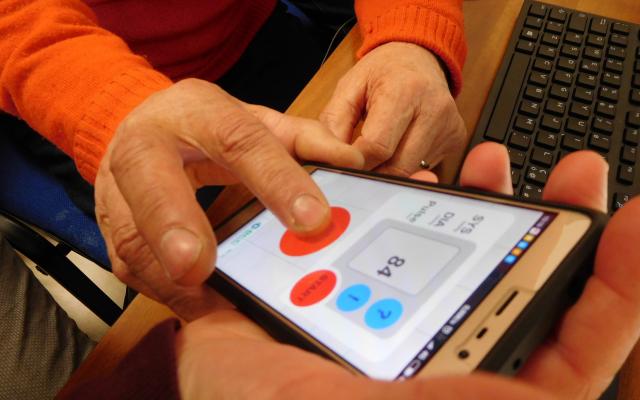How does one learn? The experience of the Joinclusion workshops
empathic school for the future. In class, student attention is especially captured by a good teacher (88% of answers), while 91% wish for comprehensive and empathic teachers.
How does one study empathy? How does one learn empathy? How can empathy be driven in the classroom to build more satisfactory relations between classmates?
Prof. Chiara Schiavone at IC Via Poseidone in Rome decided to explore the tools developed by European Project Joinclusion on her class. The first meeting to experiment with educational games based on serious games took place last Monday, under the guidance of Enrico Bersani (IED) and Annaleda Mazzucato, Project Manager in Italy.
The objective of the international research consortium is to increase the social inclusion of children aged 7-12 by developing an application with games that help children to understand the point of view of others. In particular, JOINclusion focuses on inclusion in multi-cultural environments, like the classes of many Italian schools.
“The local community is multi-ethnically and culturally rich with a population of ca. 270,000 residents and a significant percentage of non-EU citizens from 32 different countries. This provides an opportunity to learn about others and derive experiential enrichment from comparison with other cultures, traditions, and religions” (School three-year curriculum - PTOF) And, in fact, there are no social aggregation centres in the neighbourhood for school-aged children. The only extracurricular activities are provided by sports centres and the church.
The Istituto comprensivo Via Poseidone is in the Torre Angela neighbourhood in Rome’s Municipio VI, one of the largest (as extensive as Naples) and most populous (like the City of Verona). The percentage of foreign citizens, which is higher than in other areas of Rome, is higher than 18.5%.



